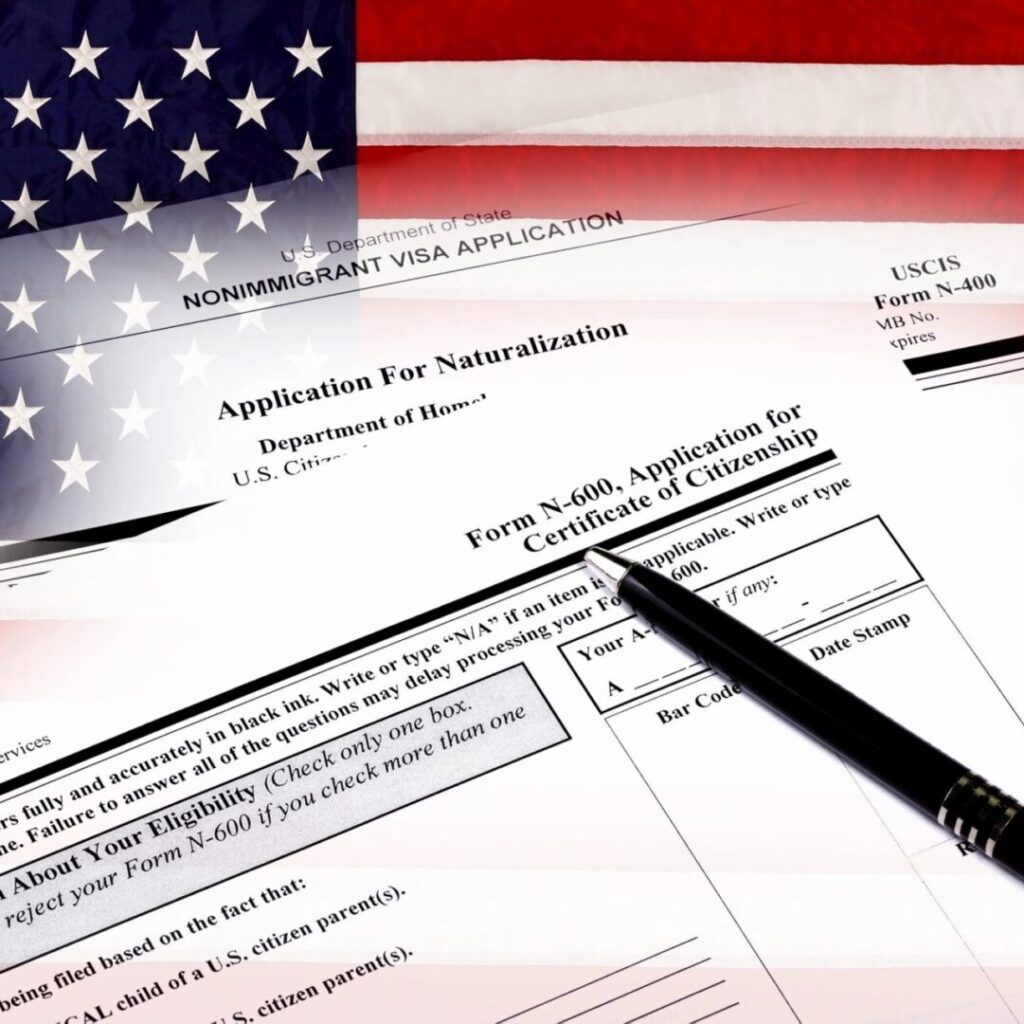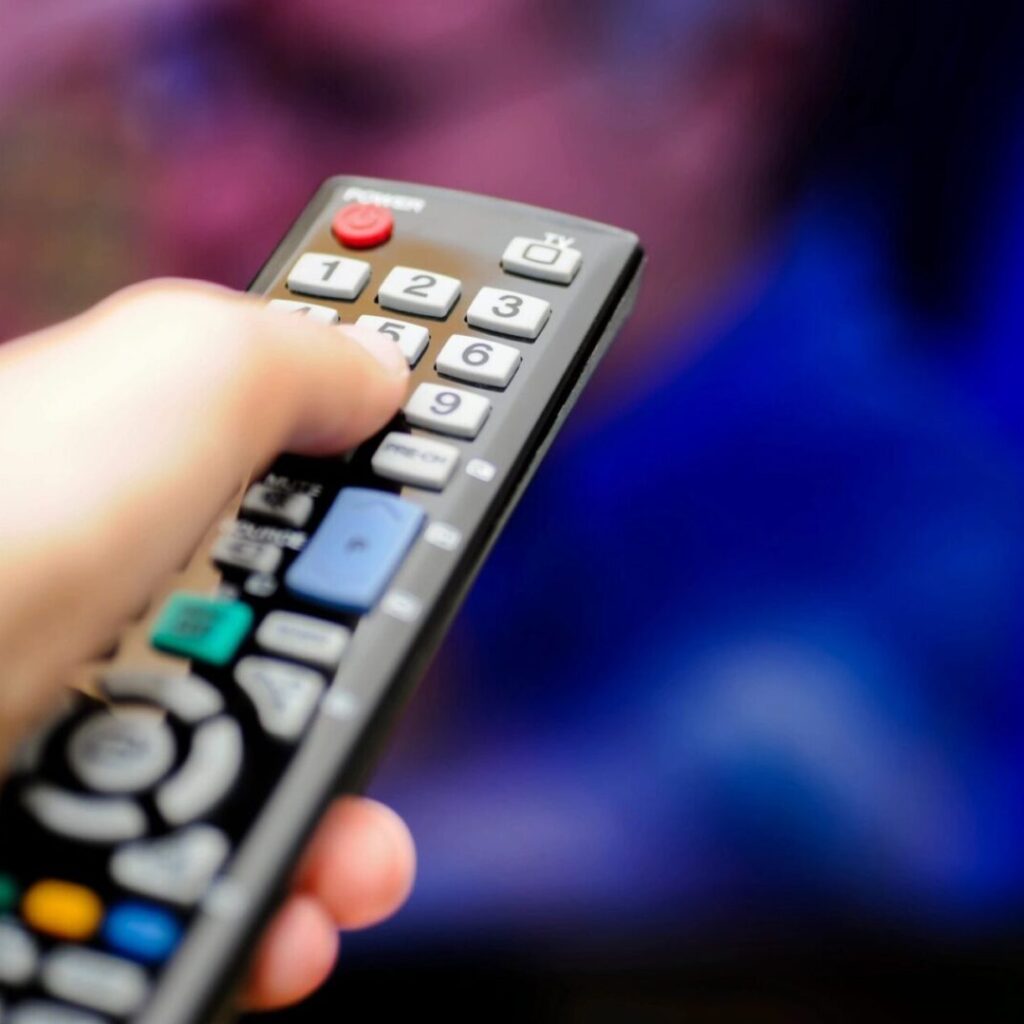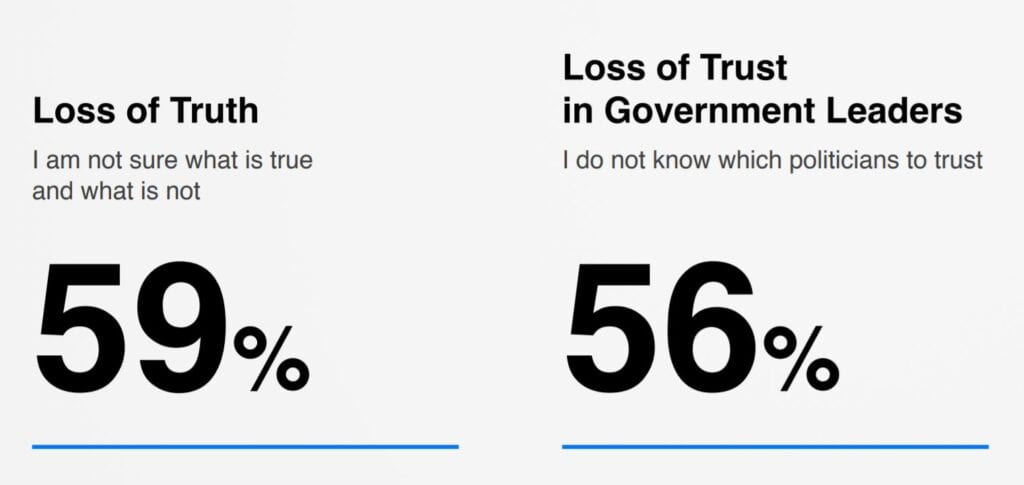Posts by Left Brain Write Mind
5 Things to Consider Before You Publicly Respond to a Crisis or Tragedy
When the country is in turmoil, how should you respond? In the wake of unrelenting tragedies that have captured the nation’s attention, silence can be seen as indifference or complicity. That said, there has been a seismic shift in terms of the expectations placed on organizations. You can no longer just respond to a crisis…
Read MoreThe Next Frontier of Communication
The days of pay phones and long-distance rates seem almost as distant a memory as telegrams and carrier pigeons. As smartphones have essentially become an extension of ourselves, some people have developed a legitimate fear of being separated from their phone. (Do you have nomophobia?) We depend on technology to help us achieve anything from…
Read MoreHow FiveThirtyEight Turned Data Into Journalism
For U.S. news junkies, the first name that comes to mind when you hear “data journalism” is FiveThirtyEight. This predictive analytics site has set the standard for data journalism in the U.S. since it launched a decade ago. Yet, the 2016 U.S. presidential election proved the fallibility of data journalism, even from a megalith like…
Read MoreThe Big Data of the 2016 U.S. Presidential Election
If there was one certainty in a world after Brexit, it was that the United States was poised to elect its first female president, and in doing so return some stability to the emerging global nationalistic tumult. But on the evening of November 8, 2017, the American electorate proved nearly every analyst wrong as Donald…
Read MoreThe Open Culture of Crisis
“Extra, extra, read all about it.” In the good ol’ days, people got their news for the cost of a daily newspaper. As news consumption habits have shifted to the digital world, online media is vastly more popular than print, and is even closing the gap with television. So how do news organizations make money…
Read MoreThe Algorithm of Bingeing
As established in last week’s blog, Netflix is – in a manner of speaking – crushing it. Not only is Netflix the most trusted in Australia, it’s also the most-loved brand in the U.K. The success of the beloved brand rests largely on its algorithms. In what turned out to be more of a PR…
Read MoreThe Netflix and Chill Brand
Netflix revolutionized cinematic and television culture. It turned television into a medium that is valued as highly – both creatively and financially – as the film industry. In its infancy, Netflix’s main competitor was a small mom-and-pop video store called Blockbuster. At the time, Blockbuster wasn’t just the ubiquitous video rental store, it was a…
Read MoreFake News, Real Trust Issues
What happens when a journalist reaches a conclusion with which you disagree? Fake news. What happens when a government agency releases statistics that disprove your argument? Fake news. The current rhetoric surrounding fake news has distorted perspectives to the point that the line between propaganda and news, even in – especially in – democratic nations,…
Read MoreStarbucks Subtle Mastery of UGC
Starbucks is internationally renowned for two things: the consistency of its beverages and the inevitable misspelling of customers’ names on their cups. Starbucks spelling mistakes first went viral in 2013, when the #StarbucksFail hashtag gained traction on Instagram. #StarbucksFail spelling errors range from the honest mistake to the egregious, all of which live on in…
Read MoreThe Homework Gap: A Civil Rights Issue
In 1954, the Supreme Court of the United States held that the long-standing policy of separate but equal education facilities is inherently unequal and unconstitutional. Sixty-four years later, students across the world are facing another dangerous inequity with devastating implications for their future success: the digital divide. The digital divide has exacerbated the “homework gap,” the term coined to…
Read More









